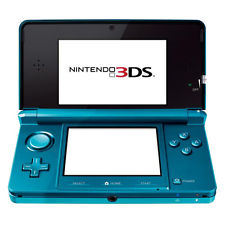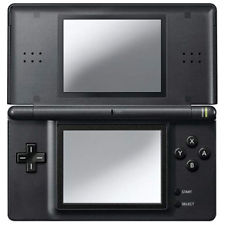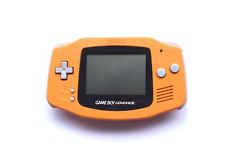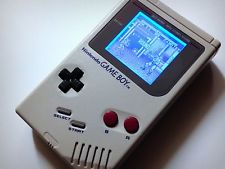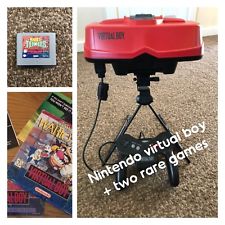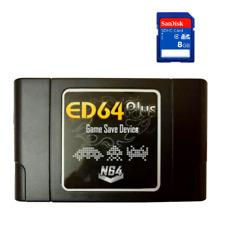|
May 9th, 2006, 20:05 Posted By: wraggster
Via Revfanboy
Perhaps you heard a loud rumbling sound several moments after our friend, Krazy Kutaragi, took the stage at the Sony E3 press conference and revealed what was, according to him, a big "secret" regarding the new old and improved PS3 controller. The source of the noise was undoubtedly the countless gamers rolling their eyes in unison at a new "innovation" that, if you're at all interesting in gaming, is unlikely to have struck you as very innovative at all. It's arguable that Nintendo's Wii merely uses parts that have been around for ages and isn't particularly innovative in that sense, but it's difficult not to raise an eyebrow when a competing console manufacturer decides to implement a control interface that, until recently, was considered unorthodox. It was pretty shameless.
But there's no need to be pointing fingers and gyroscopic contraptions in an effort to blame one for stealing from the other. A better reaction would be to consider how the two devices compare, though the technical qualities are less important than the factors related to gaming. Consider that Nintendo's system has been built to utilize the more wobust wiimote right from the start, with every single game being created to take advantage of the primary controller in some way or another. The Sony press conference gave the impression that the opposite was true with the PS3, with Phil Harrison stating that Warhawk had been "adapted" to take advantage of the Dual Shake's newly announced abitlies. How late was the decision made to add the new functionality to the controller? My guess is that the idea can't have been implemented too long ago, as none of the other PS3 games at the conference seemed to make use of motion sensing. In which case it seems that, at least initially, the Wii wil simply have a greater quantity of games that boast integration with the unique controller. Given the increased development time, it's fair to expect Nintendo's first volley of games to be a good deal more intricate in those regards as well.
Sony's strategy of combining a traditional controller with a weird one is valid (it's an added feature, after all), but it may end up being more limiting, almost to the same degree that Nintendo's controller is limiting when it comes to traditional controls. While Nintendo's controller allows for more aerobic activities such as swinging a sword and aiming a gun (note the examples my violent mind immediately conjures up), the Dual Shake's design makes that sort of thing somewhat less practical. This not only puts a confinement on what developers can do, essentially forcing a balance between traditional and non-traditional controls, but puts Sony in an unpleasant position of being put alongside a competitor that's likely to have a much cheaper product. If you want to play unique games built upon motion sensing concepts, it's clear which system is the better choice (hint: the cheaper one).
On the other wand-waving hand, however, one could argue that those who prefer traditional games and have less interest in unusual mechanics would be far better off with a system that, in a sense, offers a glimpse of both worlds. As always, it boils down to the games and how well each system takes advantage of its specific capabilities. The Wii doesn't have much choice in that area, but the PS3 does run the danger of having a host of games that have tacked-on motion sensing functionality as opposed to more elaborate experiences. But then, the games on the PS3 don't depend on the controller nearly as much as Wii titles do. It'll be interesting to see which games will make the most out of the controllers they're given and we expect to be able to add more to this discussion after Nintendo's press conference . Nothing stopping you from adding to it right now, though.
For more information and downloads, click here!
 There are 0 comments - Join In and Discuss Here There are 0 comments - Join In and Discuss Here
|
|
 NES
NES





